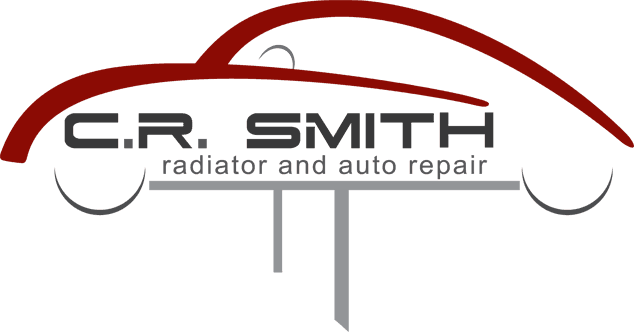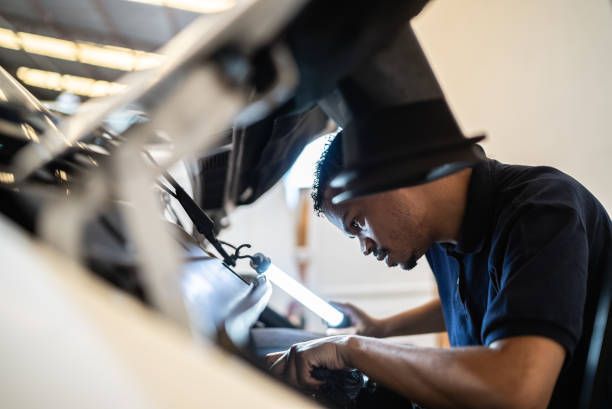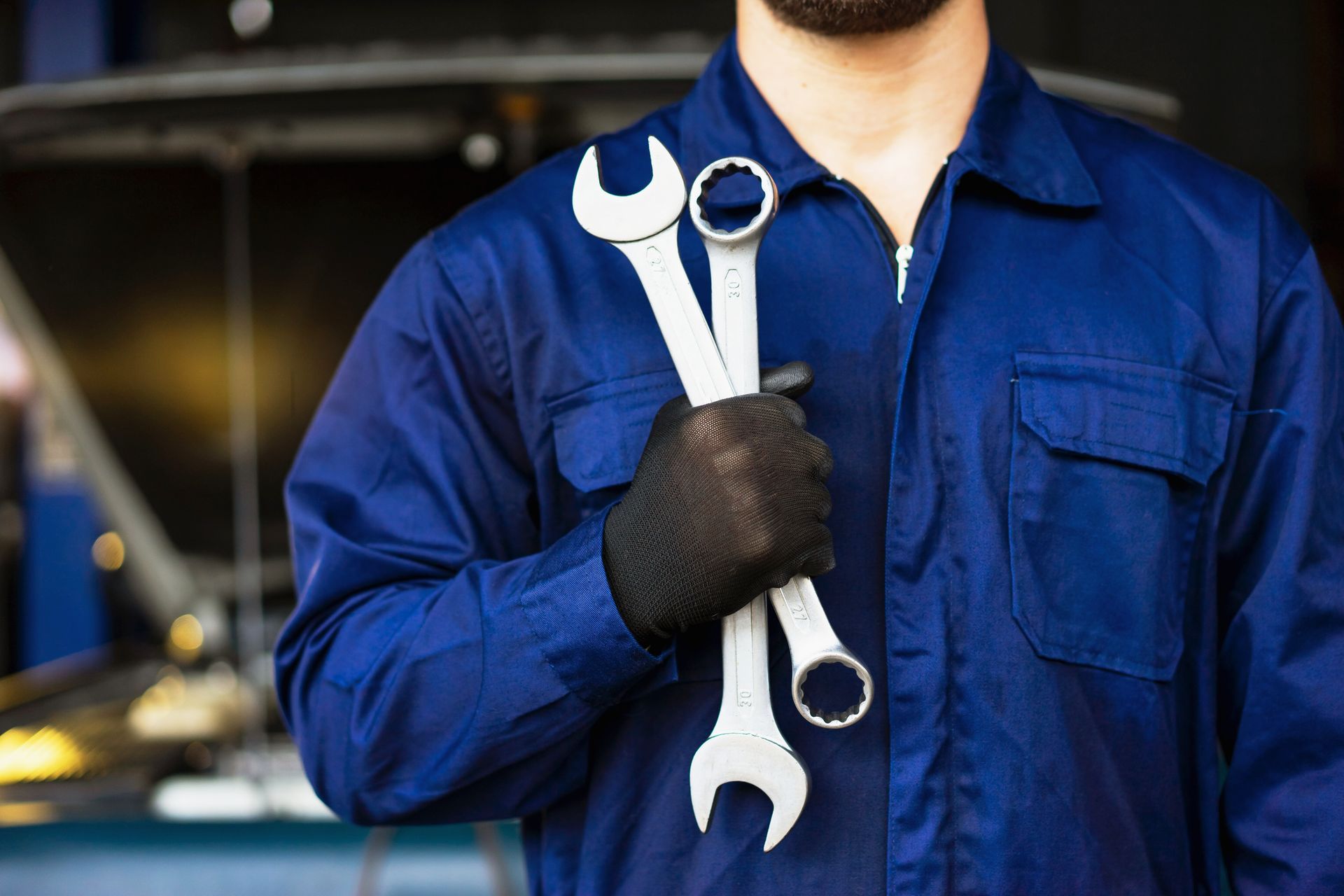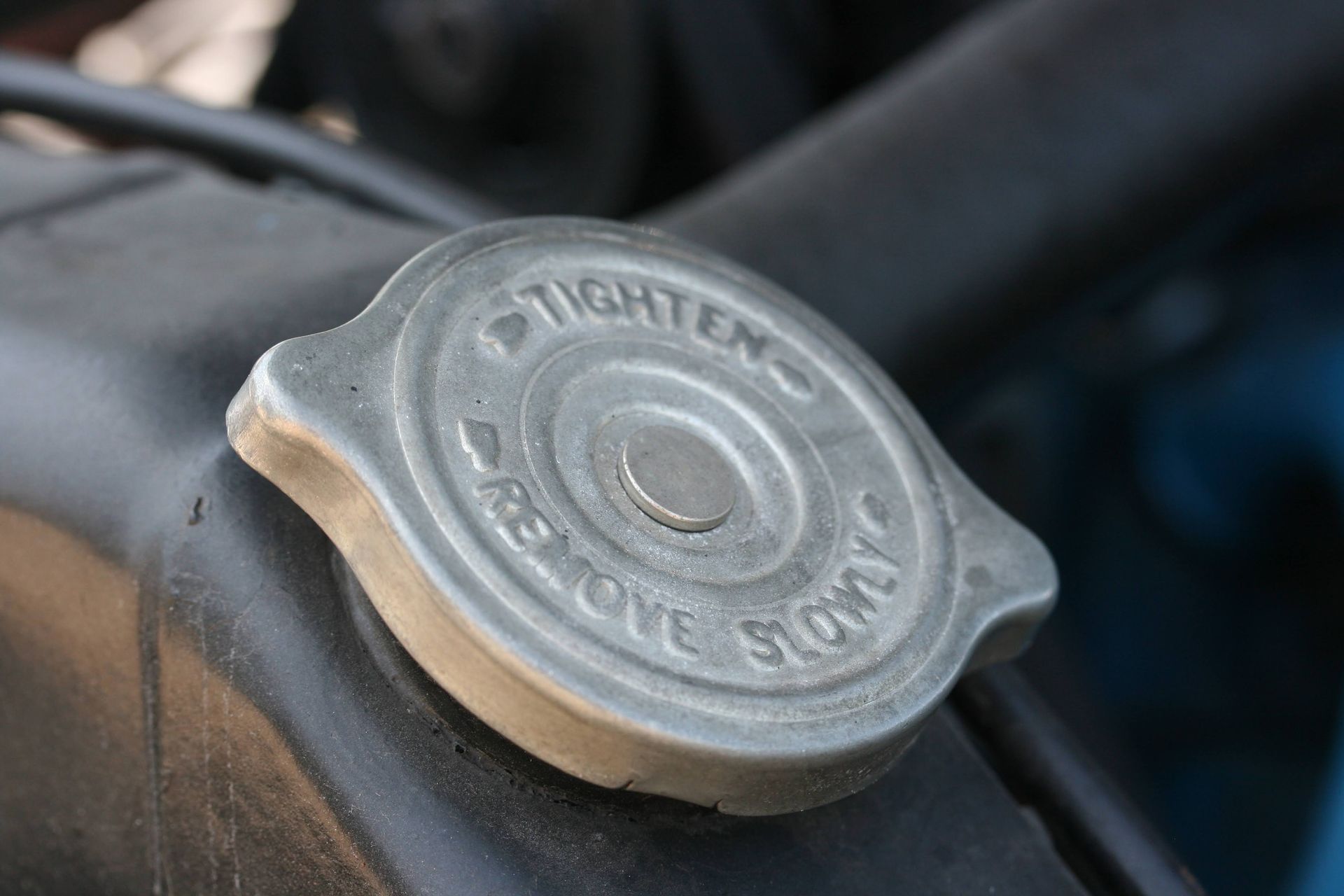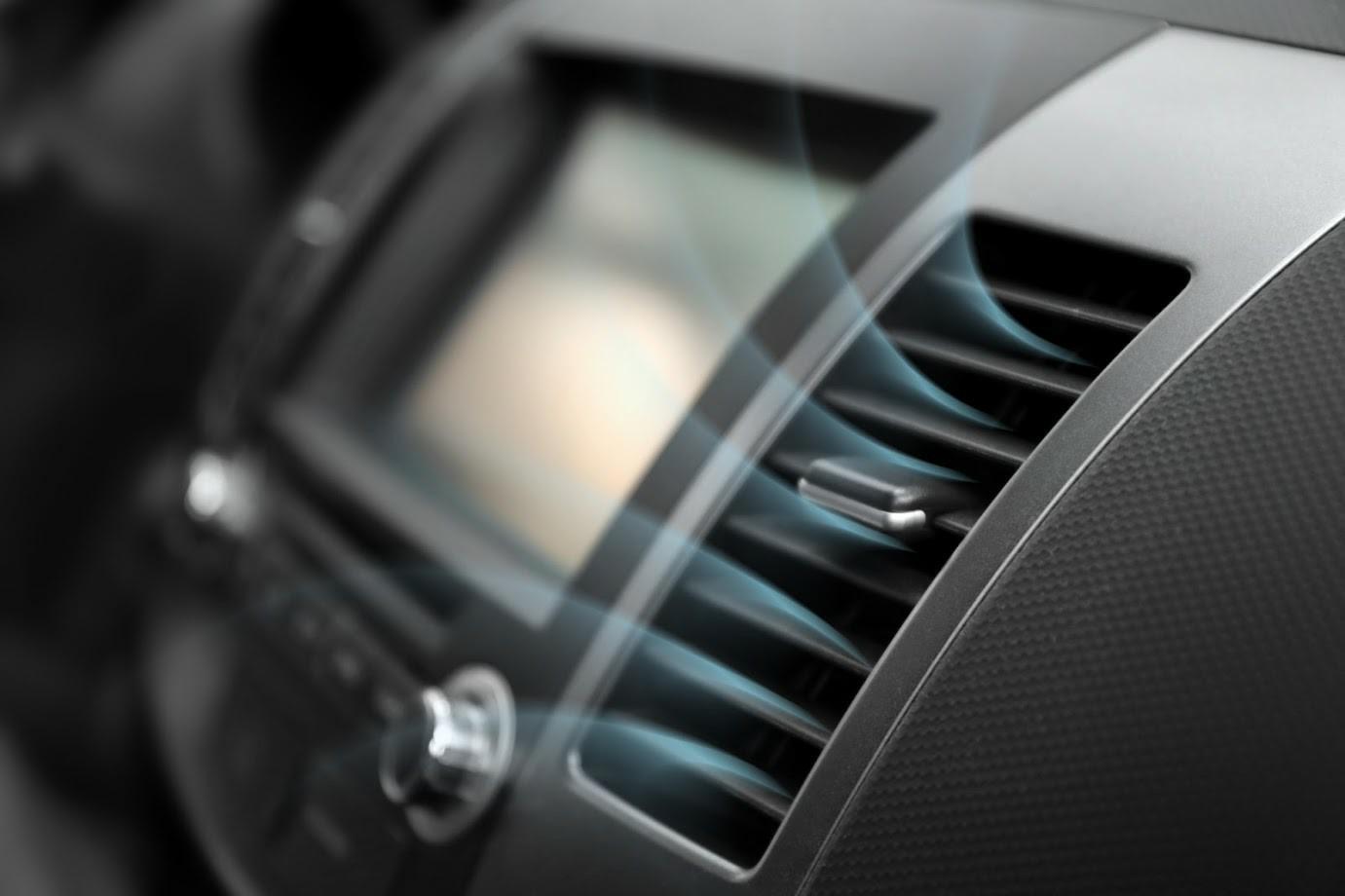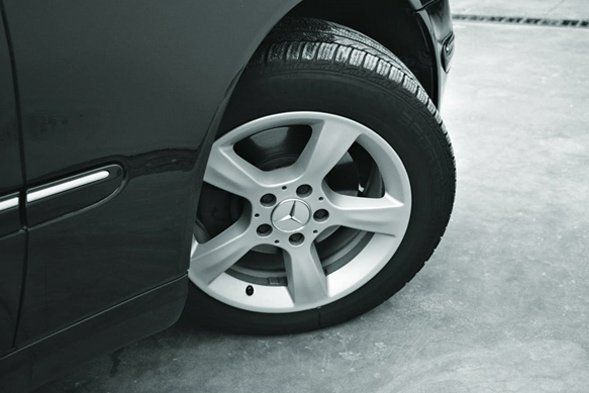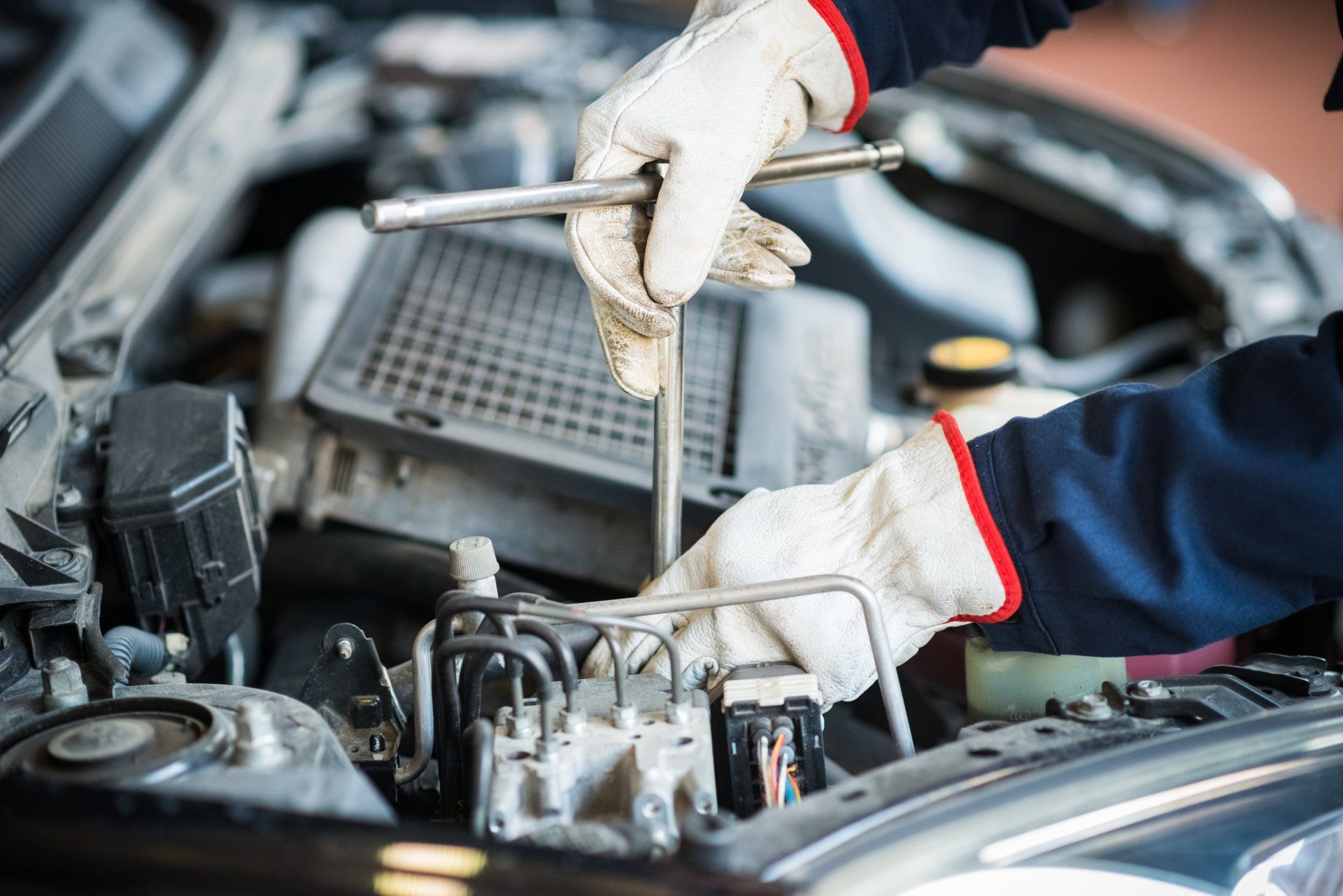Address: 2515 W Market St. York, Pennsylvania 17404 | Email: autorepair2515@aol.com
99% Of Customers Would Refer Friends & Family! Over 300+ Reviews
Blog Layout
Signs You Need to Service Your Brakes
Admin • January 27, 2020
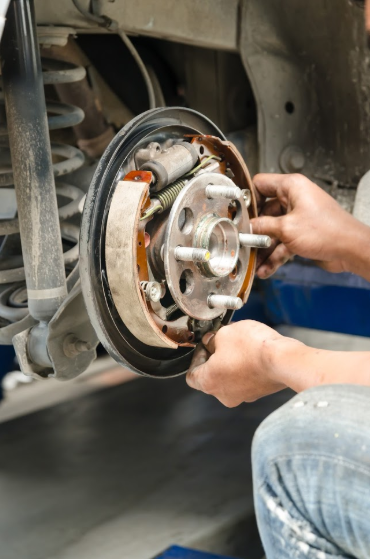
Your brakes are one of the most important safety features on your vehicle, so keep them in good condition to avoid an accident. If you neglect your brakes, you could end up with more costly repairs in the future as well. Take your car to an experienced auto repair shop if you notice any signs that could point to brake trouble.
Worn Pads
The lifespan
of brake pads typically varies between 30,000 and 70,000 miles, depending on the type of brake pad, driving conditions, and braking conditions. With a range that broad, check your brake pads regularly for visual signs of wear.
If you have disc brakes, you should be able to see the pads between the spokes of your wheel. You should see a pad at least 1/4 inch
thick.
If you can see that your pad is thinner than 1/4 inch, take your car in to replace your brake pads. If you don't replace your brake pads as needed, they can cause damage to the rotor or brake calipers, the metal pieces that hold the brake pads against the rotor.
Squealing or Screeching
Squealing and screeching sounds when you press on the brakes are signs your brake pads need replacing. The sound comes from a metal shim called an indicator that gives you a warning when the pads get too thin.
You may hear a squealing noise if your brake rotors have rusted from water exposure. When you apply the brakes after rusted rotors have sat, you'll likely hear a squeal for the first few times you press the brakes until the rust wears off.
Clicking
A clicking sound when you apply the brakes is a sign that the clips or bolts that hold your brake pads in place are loose. The hardware that holds the clips or bolts in place could be rusted or damaged, or the holding device may just need tightening.
Grinding
A loud, metallic grinding sound when you brake means that the brake pads are completely worn. The sound comes from the disc and the caliper rubbing against each other when you apply the brakes.
Take your vehicle in to go over your brakes as soon as possible if you hear grinding. The friction can scratch your rotors, which means they'll either need smoothing out or replaced entirely.
Longer Response Time
If you notice it takes longer for your vehicle to stop when you apply the brakes or the pedal pushes easily to the floor, it could be a sign of a leak. Both leaks in the brake air hose and brake fluid leaks can cause your brakes to have reduced responsiveness.
You might also notice a brake fluid leak under your car after it's been parked for a while.
Pulling
If the front of your car veers to the left or the right when you apply the brakes, it could mean that your brake pads don’t wear evenly. Pulling to the side can also be from something in your brake fluid, brake caliper malfunction, uneven tire pressure, or a bad wheel bearing.
If your vehicle pulls to one side when you brake, you may need to get a brake adjustment or replace the brake fluid if the problem doesn't involve the wheels or tires.
Vibration
If you feel your brake pedal or the floor vibrate when you apply the brakes, this could be a sign of warped rotors, particularly if you feel the vibration in situations where the anti-lock brakes aren't on. The vibration can also be from wheels that are out of alignment.
If you feel vibration when you brake, take your vehicle in to align your wheels or see if the rotors need replacing.
C.R. Smith Radiator and Auto Repair provides diagnostic testing, radiator repair, tire sales, state inspections, and general auto repair in the greater York, Pennsylvania, area. Contact us
today to schedule an appointment.
Our Proud Associations
CONTACT INFORMATION
Address: 2515 W Market St. York, Pennsylvania 17404
Phone: (717) 792-9912
Email: autorepair2515@aol.com
BUSINESS HOURS
- Mon - Fri
- -
- Sat - Sun
- Closed
- Mon - Fri
- -
- Sat - Sun
- Closed
Contact us for emergency service.







OUR LOCATION
Content, including images, displayed on this website is protected by copyright laws. Downloading, republication, retransmission or reproduction of content on this website is strictly prohibited. Terms of Use
| Privacy Policy
